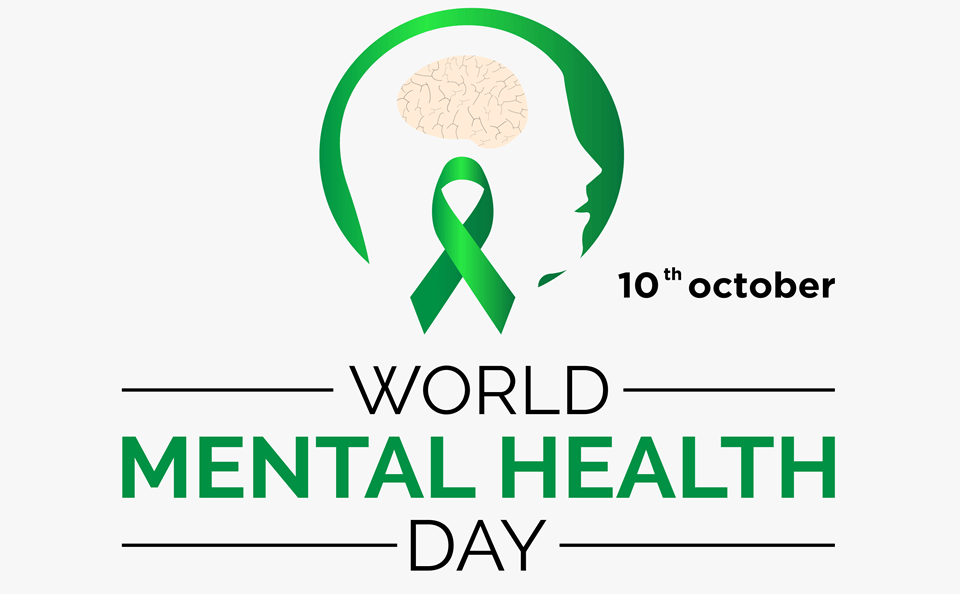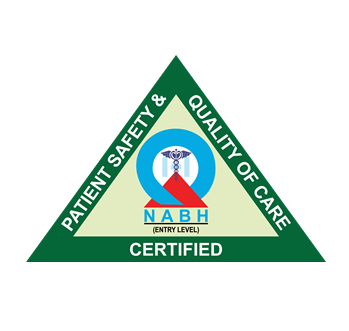
World Mental Health Day 2025 – Mental Health in Humanitarian Emergencies
In a world constantly challenged by natural disasters, pandemics, and displacement, mental health has become a silent casualty of crisis. As we mark World Mental Health Day 2025, the theme “Mental Health in Humanitarian Emergencies” highlights the urgent need to support the emotional and psychological well-being of those affected by these distressing events.
The emotional and psychological toll from humanitarian crises is sometimes overlooked. Beyond the material losses, mental health is also deeply impacted and often unattended after trauma. Along with every piece of damage control of every intervention is a cringe of loss, unprocessed trauma, and the tentative and anxious scripting of loss. The 2025 campaign aims to transform the way mental health crises are addressed at all levels, including governments, healthcare networks, and communities. How refined, innovative, and compassionate intervention models to mental health crises and emergencies can be implemented in complex, resource-poor environments and local hospitals, like East Point Hospital in Avalahalli, Bangalore has expert psychologists, can offer is indispensable to the global initiative.
Understanding Mental Health in Humanitarian Emergencies
Humanitarian emergencies can be natural disasters like earthquakes and floods, conflicts like wars, or public health crises like pandemics. The psychological damage in these emergencies is also tremendous and often unaddressed. Survivors often struggle with severe mental health challenges such as post-traumatic stress disorder, depression, anxiety, and a pervasive sense of hopelessness.
The World Health Organization (WHO) says that one in five individuals in areas affected by conflict has a mental health issue. Most emergency zones do not provide sufficient psychological support. The World Mental Health Day 2025 campaign aims to change this by prioritising mental health care after an emergency instead of as an afterthought.
The Use of Technology for Mental Health Support
2025 Expectations include the use of digital tools and tele-mental health services to support reaching individuals in crisis. Technology has become a lifesaver. Across the world, but particularly in remote and conflict regions, mobile networks and internet access are used to provide services in conflict zones.
Mental health assessment tools and virtual counselling apps provide distress support to frontline workers and displaced families. AI tools are being developed to assess individuals at risk of trauma or depression using behavioural and speech patterns to give appropriate support. There are significant opportunities for integrating AI, data analytics, telemedicine, and mental health systems, especially in humanitarian areas.
Community-Based Mental Health Care
Communities are the first responders during a crisis. Hence, community-led mental health programmes are emerging as one of the most effective solutions. Local volunteers, trained health workers, and peer support groups play a crucial role in identifying and assisting people showing signs of mental distress.
These community models not only build trust but also reduce the stigma often associated with mental health. They ensure that care continues even after the emergency response phase ends.
Integrating Mental Health into Emergency Response Systems
Historically, emergency responses focused on food, shelter, and medical care – often overlooking psychological well-being. The 2025 global initiative calls for integrating mental health into every stage of crisis response, from planning to recovery.
The focus is on having trained mental health professionals paired with medical teams and on having trained mental health staff as part of rescue teams and the provision of immediate safe spaces. The provision of psychological first aid is a critical part of the holistic approach. The mental health and healthcare systems are focusing on Mental Health Emergency Response Frameworks, which ensure no one is emotionally suffering and provide mental health relief aid as part of the operation.
Building Resilience Through Education and Training
Education focuses on and builds a strengthening mental framework and increasing long-term mental health resilience. In several humanitarian zones, the scenarios faced by children and young adults are detrimental and include interrupted education, displacement, and uncertainty. Introducing and providing mental health education as part of the school curriculum and in community centres is a great way to support children and young adults to identify and express emotions, cope with trauma, and rebuild self-esteem and confidence.
The provision of psychological first aid and training health workers and volunteers optimally builds capacity in support and immediate aid in a time of crisis. Tackling trauma and stress in a humanitarian crisis is being overshadowed by tech in training, online learning platforms, and VR-based trauma and stress simulations.
The Role of Hospitals in Humanitarian Mental Health
Beyond treating illnesses, hospitals uphold their responsibilities as emotional anchors in times of crisis. At East Point Hospital, mental health professionals partner with other interdisciplinary teams practising integrated holistic health – mental health counselling, medications, and outreach programs together with other community practitioners.
As Bangalore and its peripheries continue to grow and stretch under urban pressure, the hospital’s compassionate psychiatry and community wellness services echo the sentiments of the coming World Mental Health Day 2025.
World Mental Health Day 2025 – Mental Health in Humanitarian Emergencies – reminds us of the importance of mental health in all humanitarian efforts. Therefore, the emotional burdens of individuals and communities, and the mental health efforts needed to heal and restore communities, must be part of all humanitarian efforts.
Without innovative technology, community empowerment, and international partnerships, the humanitarian aid community will not achieve their goal of providing all people, including those in crisis, with access to mental health services. East Point Hospital in Avalahalli, Bangalore, still serves as an example of compassion and innovative mental health service delivery.
Frequently Asked Questions
1. Why is mental health important during emergencies?
People often experience trauma, loss, and uncertainty during emergencies. Focusing on mental health helps people recover quickly, improve their decision-making, and re-establish their life with renewed positive mental health and stability.
2. How does East Point Hospital support mental health care?
East Point Hospital, located in Avalahalli, Bangalore, provides professional counselling, psychiatric care, and wellness programmes, which aid people in effectively managing stress, trauma, and various mental health challenges.

